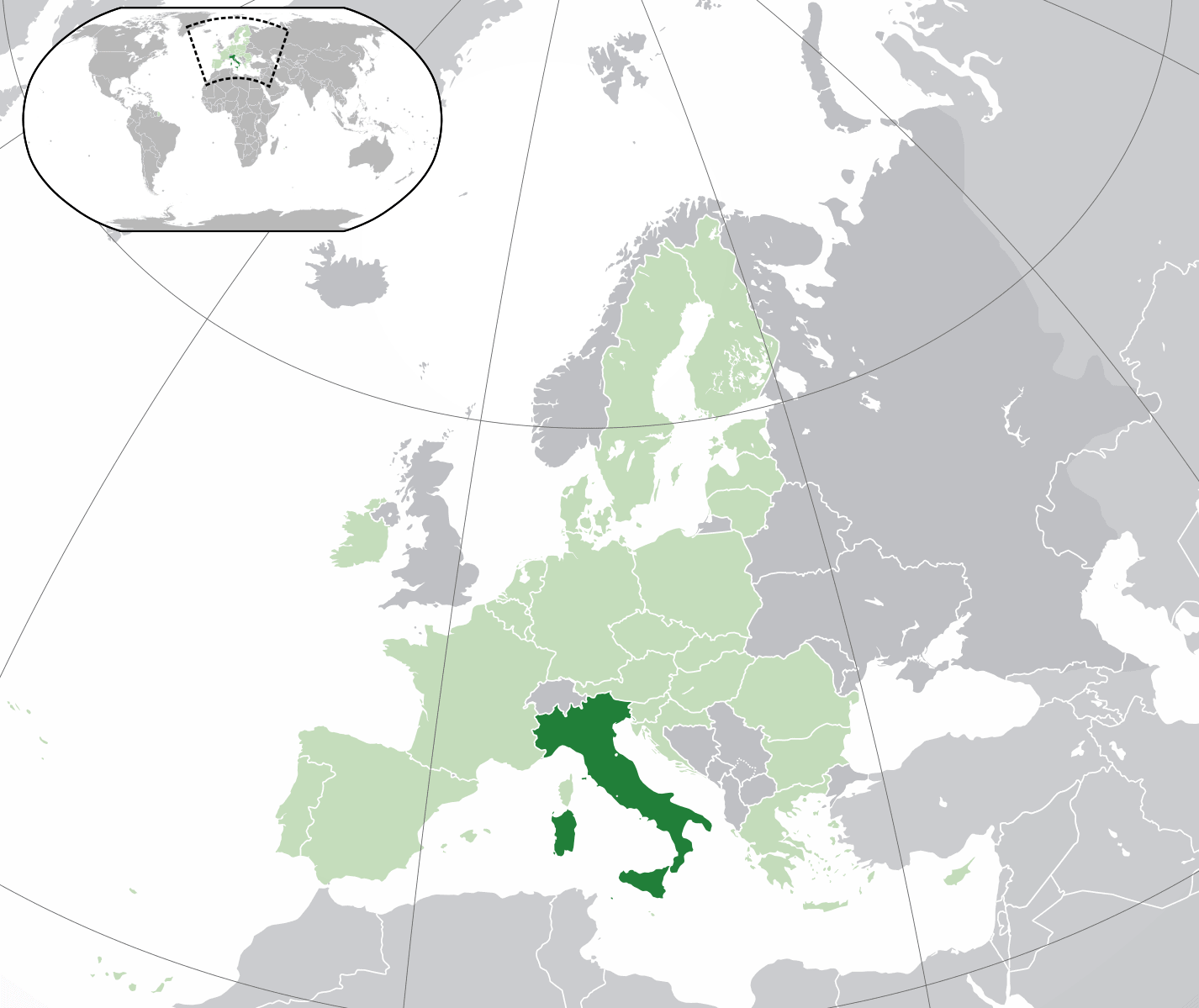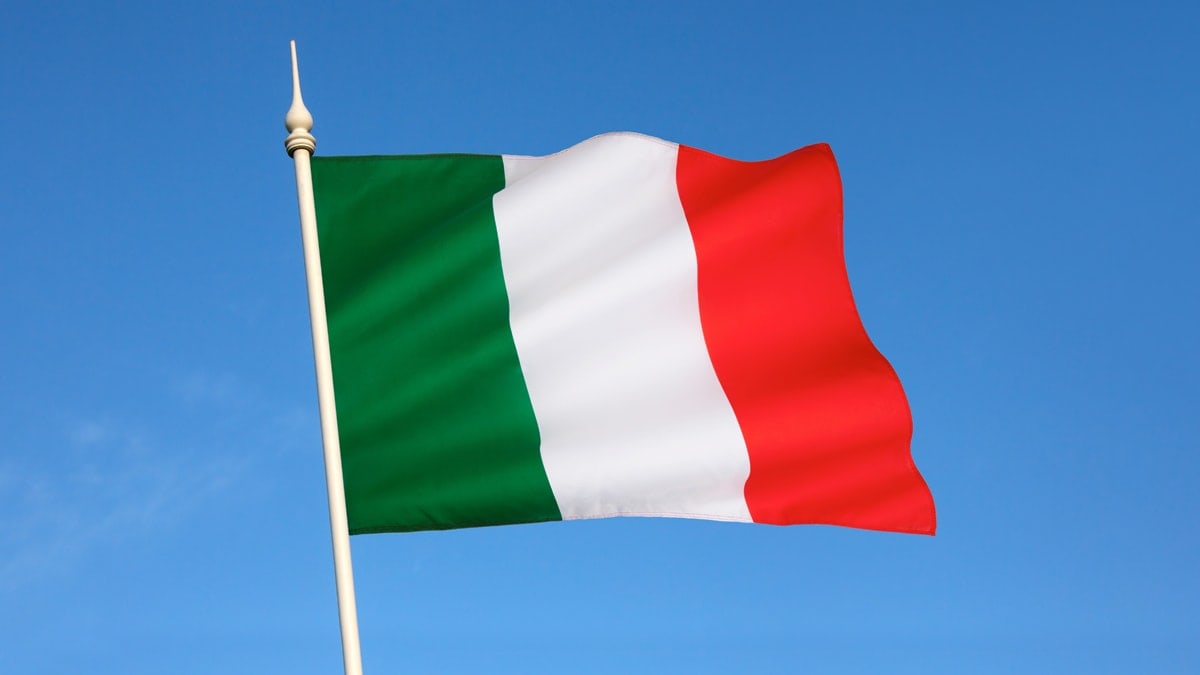Estimated reading time: 8 minutes
Italy is one of the most popular countries for tourists and expats, with a huge range of places to live, from sleepy Tuscan villages to the vibrant, historic cities of Rome, Florence and Siena, alongside pristine islands and beach resorts in Sardinia and Sicily.
The cuisine, architecture, culture and climate contribute to a slower, family-friendly way of life, where a gentle sunset passeggiata stroll around the plazas and squares after an afternoon siesta is the norm.
Housing is affordable, particularly outside of the city centres, with prices per square metre around 60 per cent lower than in the UK. With plenty of job opportunities and growing economic sectors, Italy attracts professionals, families, students and retirees alike.
Residence by investment is aimed at affluent foreign nationals, providing a residence visa for the applicant and their family for up to five years, after which expats become eligible to apply for permanent residency and potentially citizenship after ten years, subject to conditions.
Table of contents
About Italy
Currency
Euro (EUR)
GDP
Italy’s GDP (Gross Domestic Product) is around $2.108 trillion (£1.68 trillion). It is one of the ten largest global economies, with major industries including tourism, vehicle manufacturing, food processing, electrical goods and pharmaceuticals.
Capital
The capital city of Rome is famous for a rich array of historic sites, including the Colosseum, Trevi Fountain, the Pantheon and The Vatican. With a population of 2.8 million, Rome is the fourth largest EU city and Lazio’s regional capital.
Towns and cities
Italy’s largest cities are Rome, Milan, Naples, Turin, Palermo, Genoa and Florence.
Population
59.11 million
British Expats
Roughly 65,650 UK expats live in Italy.
Languages
The primary language is Italian, although around half of the population also speaks a regional dialect.
Climate
Italian weather is warm and Mediterranean, with hot sunny summers and fairly mild winters – although areas at a higher altitude and to the north of Italy commonly experience snow during the colder months.
The average temperature in August reaches between 21.2°C (70.16°F) and 31.4°C (88.52°F), and in January dips to between 7.3°C (45.14°F) and 13.2°C (55.76°F).
Map

Italy is a southern European country, known as ‘the boot’ on maps, with coastlines along the Mediterranean, Adriatic and Tyrrhenian Seas. The central regions are mountainous, and the north of the country has a more Alpine climate, sharing borders with Austria, Switzerland, France and Slovenia.
The largest islands are Sicily and Sardinia, where temperatures are hotter all year round, but the occasional Scirocco winds around the east coast can carry strong gusts.
Residence By Investment Options
Foreign nationals can apply for Italian residency through the Italy Residence by Investment Program, or golden visa, designed to attract economic investment and, in return, receive residency and visa-free travel around the Schengen Area.
Visas are valid for two years and renewable for an additional three years, provided the investor retains the investment, which must be completed within three months of arrival in Italy.
Options include:
- Investing at least €2 million (£1.74 million) in Italian government bonds.
- Buying shares in approved Italian companies for at least €500,000 (£434,349) or at least €250,000 (£217,175) if the shares are issued by a start-up operating in an area of innovation.
- Contributing a non-refundable donation of at least €1 million (£870,000) to public interest projects, including those related to research and development, ecology, education or the arts.
Applicants do not need to live in Italy or fulfil any minimum stay requirement and can include a spouse, children and dependent parents on the residency visa.
Another route is to apply through the Elective Residence Program, where high-net-worth expats can apply for Italian residency based on providing an ongoing, stable and high-value income from overseas to finance their life in Italy.
Both visas require the investor to purchase or rent a home in Italy following approval – although they can opt to invest in a rental property if they do not wish to live long-term in Italy.
Travel
Expats with Italian residency can travel throughout the Schengen Zone and, after five years, become eligible to apply for permanent residency, provided they have relocated to Italy and met other conditions.
Timescale
Residency applications take approximately three to four months to be processed.
Visas
Italy is part of the EU, so British nationals will not require a visa to travel to Italy provided they remain within the maximum 90-day stay in any six-month period. Those moving to Italy to work, set up or run a business, or study will require a visa to cover the duration of their stay.
Those intending to apply for residence by investment can travel under another visa but must make investments within three months of arrival to be eligible.
Learn more about Italian visas, work permits and application criteria.
Tax
Foreign nationals normally become tax residents when they register as residents, have a primary residence in the country, and live there for at least half of the year. Those splitting their time with other locations can apply for reliefs to offset tax obligations in two countries through the dual treaty system.
In 2023, Italy’s top income tax rate is 43 per cent on earnings above €50,000 (£43,435). Still, prospective expats seek independent financial advice to ensure they plan for other taxes, such as wealth and property tax, while living in Italy.
Need Help with your Finances?
Cost Of Living
Living costs in Italy naturally vary depending on where you live, but the average family of four requires a budget of £2,434 per month, excluding accommodation, and a single person requires around £699. Overall, consumer costs are 2.9 per cent cheaper in Italy than in the UK, and rental averages are 35.4 per cent more affordable.
Property
Foreign nationals can buy properties in Italy, although the authorities normally need to run checks such as criminal record searches. Expats do not need to live in Italy or have permanent residency to purchase a home.
Real estate investment does not count towards residence by investment, although foreign citizens may be expected to buy or rent an Italian property depending on their visa category.
The property market is highly varied, where homes in Venice or Milan attract steep premiums, but quieter suburbs, smaller towns and rural areas are very affordable. Some remote regions even offer schemes where buyers can purchase a property for as little as €1 (£0.87). These programmes aim to encourage investment in low-population density areas and villages without sufficient residents.
Another option is to rent, with many choices, from modern apartments in the major cities to grand villas, suburban family homes and rustic farmhouses.
| One-bedroom city centre apartment | €649 / £564 |
| One-bedroom apartment elsewhere | €506 / £440 |
| Three-bedroom city centre apartment | €1,247 / £1,083 |
| Three-bedroom apartment elsewhere | €879 / £764 |
View properties for sale in Italy via Rightmove.
Healthcare
The Italian Servizio Sanitario Nazionale (SSN) provides public healthcare to all legal residents, either free of charge or at a nominal cost. Expats must register with their local municipality to enrol in SSN contributions and register with a GP.
An alternative is to opt for private health insurance, which provides better access to facilities with shorter waiting times and high-quality clinics and hospitals without the possible overcrowding in some state healthcare centres.
Care standards vary between regions, with urban clinics and hospitals more likely to provide varied specialities. Most expats must hold health insurance as part of their visa terms but can also take out private healthcare coverage or international health insurance policies.
Italy Residence By Investment FAQ
Get answers to frequently asked questions about the Italian Residence By Investment program, its eligibility criteria, visa requirements, and more.
Expats who have secured Italian residency through investment pathways could potentially have their residency revoked if they breach the terms of their visa – such as not completing the investment within three months, withdrawing an investment before the minimum period, or otherwise failing to maintain eligibility.
The most common reason for a residence application to be turned down is because it contains mistakes or omissions. However, foreign nationals can also be refused residence if they have a criminal record which indicates a potential risk to security or public order.
Average flight times between Italy and the UK are two and a half hours, with several international airports such as Leonardo da Vinci International in Rome, Venice Marco Polo Airport and Bologna Guglielmo Marconi Airport.
Italy is an EU member and uses the Euro (EUR) as its currency.
UK nationals travelling as tourists can visit Italy for up to 90 days every 180 days without a visa – but are not permitted to work or study and cannot exceed the maximum EU limit. In other circumstances, expats must apply for a residence permit, long-stay visa or work permit before they travel.
Related Information
Below is a list of related articles you may find of interest.
Resources
- Government of Italy – Official website providing information on residency and visa requirements: www.governo.it
- Ministry of Foreign Affairs and International Cooperation – Information on visas, travel, and living in Italy: www.esteri.it
- Italian Trade Agency – Provides insights into investment opportunities and business climate in Italy: www.ice.it
- National Institute of Statistics (ISTAT) – Offers data and statistics on various aspects of Italy, including population and economy: www.istat.it
- Numbeo – Source of cost of living data and comparisons for cities worldwide, including Italy: www.numbeo.com
